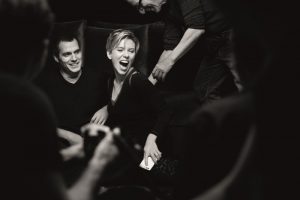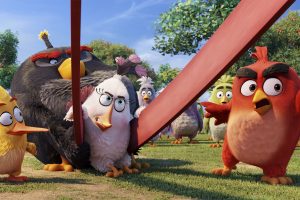The installation of British sculptor Jason deCaires’ is the beginning of the Atlantic Museum, created to protect the marine environment and the artworks, inspired by “the defence of the ocean”, will be visitable by divers of all levels and will increase the marine biomass in the area and act as a breeding site for local species
Europe’s first underwater museum has started to become a reality with the installation of several sets of sculptures by international artist Jason deCaires Taylor on the seafloor in the Las Coloradas bay in Lanzarote. They will be accessible to divers and snorkelers of all levels. The project is designed to increase marine biomass and to act as a breeding site for local species in an area declared a Biosphere Reserve by UNESCO.
The project is part of the Atlantic Museum and will create a large artificial reef made from a series of art installations made from high-density, PH-neutral concrete that doesn’t affect the marine ecosystem or local flora and fauna. No corrosive metals and materials were used. The sculptures, submerged at a depth of between 12 and 15 metres, recreate scenes from everyday life.
The artist Jason deCaires Taylor, internationally famous for his underwater sculpture installations in underwater museums in The Bahamas, Cancún and The Antilles, uses his work to highlight “the defense of the oceans” and to transmit a level of critical thinking about the commercialisation of natural resources”. The museum has as a backdrop an island that is already an international focal point of the link between art and nature thanks to the work of Lanzarote artist César Manrique.
The first stage of the Atlantic Museum will consist of the following installations:
- The Rubicón: A grouping of 35 human figures all walking towards the same destination, onto the Atlantic Ocean.
- The Raft of the Medusa: A reflection on humanitarian crises based on the paintings of Gericáult.
- The Jolateros: A grouping of children in local tin boats, known as “Jolateros”
- Content: A couple taking a selfie invites us to reflect on the use of new technology and self-obsession.
- The hybrid sculptures: Natural fusions between nature and humanity, with sculptures half human half cactus, living in harmony.
- The Photographers: This piece triggers a debate about the use of new technology and voyeurism.








